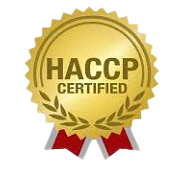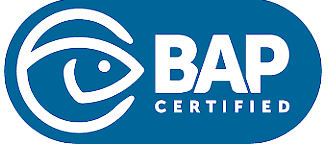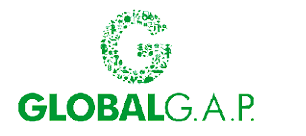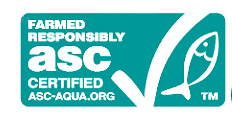CERTIFICATIONS
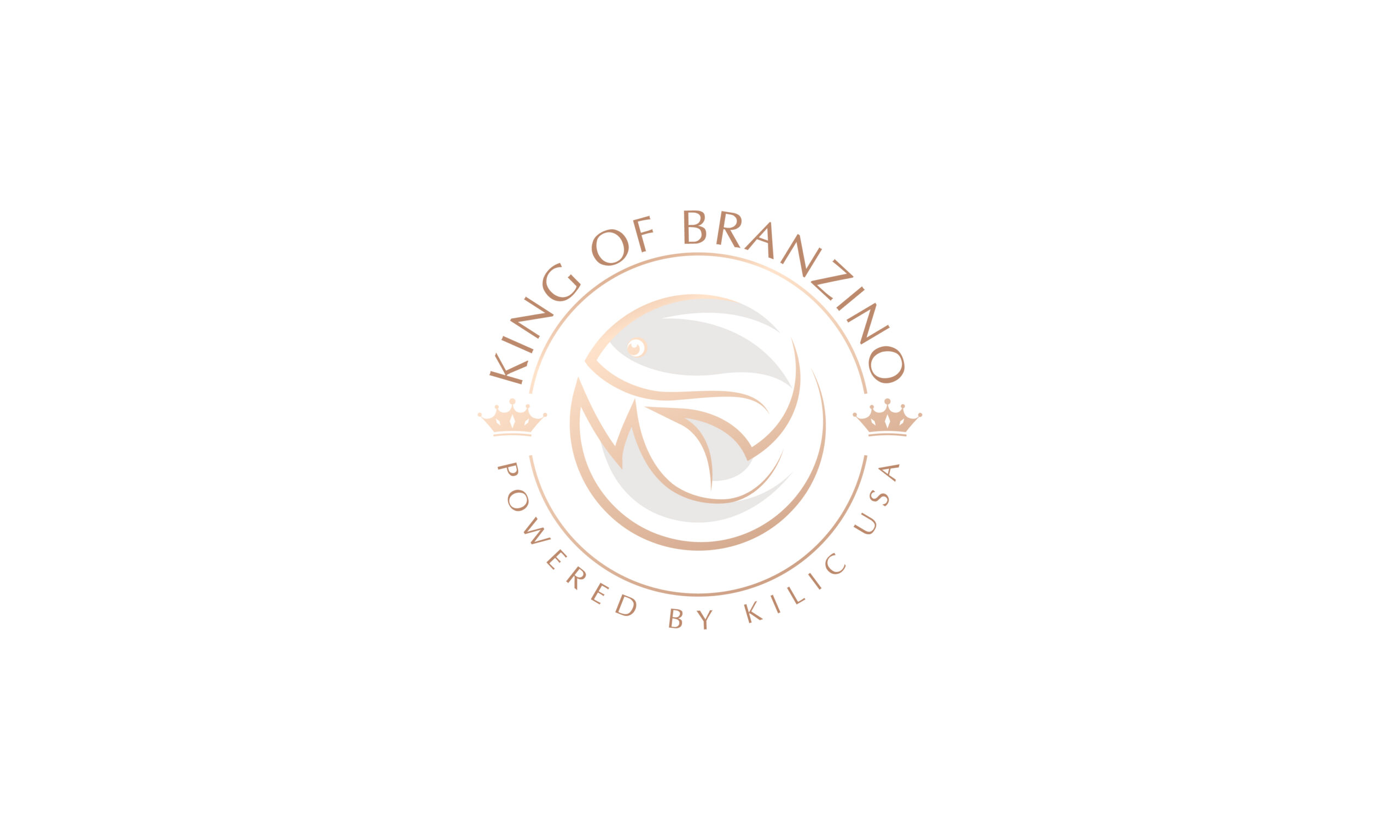
Certificates
FOOD SAFETY AND QUALITY POLICY
AS KILIC HOLDING COMPANY, WE MAKE THE COMMİTMENT THAT WE WİLL BE THE LEADER İN AQUACULTURE ;
– BY OUR FİSH PRODUCTİON FROM EGGS TO HARVEST
– BY OUR PROCESSİNG AND PACKAGİNG PROCESSES
– BY QUALİTY OF OUR FİSHFEED AND PRODUCTİON OF OUR OWN PACKAGİNG MATERİALS
– BEİNG CONSCİOUS OF OUR RESPONSİBİLİTİES TO THE PUBLİC HEALTH AND ENVİROMENT
– FOLLOWİNG OUR ETHİCAL RESPONSİBİLİTİES TOWARDS OUR EMPLOEES
– BY OBEYİNG THE RULES & REGULATİONS AND ADOPTİNG A FOOD SAFETY CULTURE
– BY BEİNG RESPECTFUL TOWARDS OUR CUSTOMERS AND CONSUMERS
– BY USİNG THE RESOURCES OF OUR COUNTRY TO SUPPORT THE ECONOMY İN İNTERNAL AND EXTERNAL MARKETS
– BY FOLLOWİNG THE NEW TECHNOLOGİES AND MAKİNG İMPROVEMENTS
ISO 9001:2015
With the international standard of ISO 9001 Quality Management System, it is aimed to increase the customer satisfaction through an efficient execution of the system including the constant improvement and the assurance given to the customer regarding the compliance to the current conditions.
ISO 22000:2018
The importance given to the food chain has been emphasized by including the Food Safety Management System into the general management system activities of our Company. Any dangers possible to occur in the food chain are determined thanks to the generated prerequirement programs, hazard analyses and HACCP principles. Interactive communication methods are developed and relevant control measures are taken in order to offer safe marine products to the final consumer.
BRCGS (Brand Reputation Compliance Global Standards)
Founded by British Retail Consortium, BRC is a food safety and quality standard which brings a proactive approach to the food safety. Any problems possible to occur about food safety are eliminated. Our BRC compliance is evaluated annually by internationally recognized certification bodies
IFS (International Featured Standards)
As a standard created by the joint efforts of German, French and Italian retailers, it examines the food safety and quality topics. Thanks to the IFS inspection we receive annually, we get a chance to understand the food safety level of our company and the aspects in which we can improve ourselves.
ASC
The Aquaculture Stewardship Council (ASC) is the world’s leading certification scheme for farmed seafood – known as aquaculture – and the ASC label only appears on food from farms that have been independently assessed and certified as being environmentally and socially responsible.
ASC develops and manages the strictest standards in the industry. These standards include hundreds of requirements covering the potential impacts of aquaculture – including water quality, responsible sourcing of feed, disease prevention, animal welfare, the fair treatment and pay of workers and maintaining positive relationships with neighbouring communities.
HALAL
The Halal certificate is a document that ensures the product is produced under basic human requirements and İslamic criteria. Helal standards basic purpose is all products like food any cosmetics that come in contect with human skin are produced conforming to the İslamic requirements ranging from raw materials, proceses, origins.
SEDEX SMETA
Sedex defines the Supplier Ethical Data Exchange, it is a non-profit organization and introduces to drive ethical business practices. Sedex helps to maintain ethical information in a simple and effective manner. It is a secure online database which allows the registered members to share, store the information in four key areas:- Health and Safety standard, Labour standard, The environment and Business ethics. By the use of SMETA reports.
BSCI
BSCI is the European social monitoring system for ethical sourcing initiated by the Brussels-based Foreign Trade Association (FTA). BSCI is a business-driven initiative for companies committed to improving working conditions in the global supply chain.
BSCI Code of Conduct is built on the most important International Conventions protecting workers’ rights, notably the ILO Conventions and recommendations. Our copmany, commit to implement the Code in our supply chains.
The 11 principles of the Code of Conduct that our company commit to implement in their supply chains are:
The rights to Freedom of Association and Collective Bargaining
No Discrimination
Fair Remuneration
Decent Working Hours
Occupational Health and Safety
No Child Labour
Protection of Young Workers
No Precarious Employment
No Bonded Labour
Protection of the Environment
Ethical Business Behaviour
